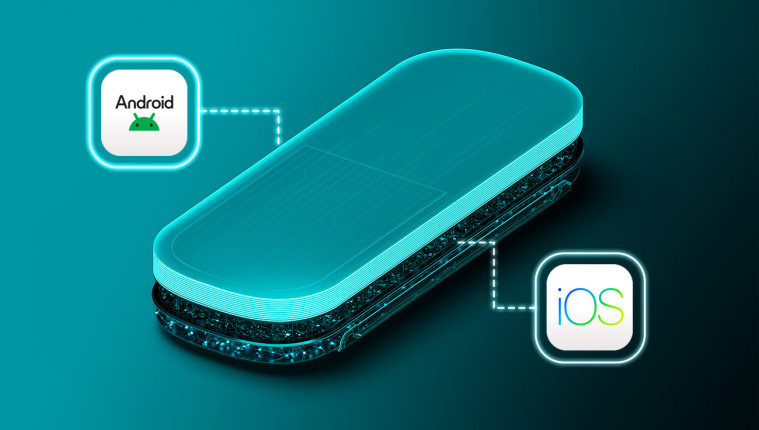Prevention stands out as one of the most cost-effective and efficient methods to uphold the digital security of your company. In today's landscape of hybrid workspaces and BYOD (bring your own device) culture, safeguarding the devices that employees use to access work accounts and cloud services is a priority. How can an MDM platform help you achieve this? And what types of threats are mobile devices facing, according to new research from Verizon?
The Role of MDM Beyond Reactive Measures
As mentioned in our previous article, MDM is becoming an increasingly important step in your organization's digital security. Rather than being a reactive component of IT, MDM in combination with a robust endpoint mobile security solution is a proactive one that prevents digital attacks from happening in the first place.
It allows your IT experts to manage easily and even troubleshoot all your corporate mobile devices remotely, force security and software updates, instantly wipe a lost device, and secure the network regardless of what operating system your employees' phones are running. Plus, it allows them to blacklist certain apps and websites, preventing your employees from installing, for instance, their social media apps on the company phones, increasing both security and productivity.
In addition, MDM platforms are now automating many of their processes and using AI and machine learning to expand their automation capabilities. AI can perform predictive analytics, identify which devices could be attacked and how, and even diagnose and fix some malfunctions without the need for human interaction. As a result, a sophisticated MDM solution can save your IT team and employees time, which in turn increases their productivity and efficiency, allowing them to focus on more important tasks.
Mobile security threats of 2023
According to Verizon's mobile security report, the number of mobile app threats increased by 30% between the first half of 2022 and the first half of 2023. The same report also states that in 2022, 1 in 10 organizations were hit by mobile malware, and 80% of phishing threats are either created specifically to target mobile devices or function on both desktop and mobile. Last but not least, the average user is 6–10 times more likely to fall for a phishing attack via SMS than via email.
Verizon's security report also provides an interesting insight into how your average employee uses a mobile device connected to their company accounts. According to the report, 50% of employees use their personal email or messaging applications on company devices. In addition, 48% of employees allow family members or friends to use the devices.
These are all potential gateways to major security risks. And while 78% of employees use their work devices for personal activities (social networking, shopping, streaming services, etc.), 72% also use their devices for work activities (such as logging into their work email or messaging app).
MDM solution
With an MDM solution like the one offered by ESET, you can proactively defend both your Android and iOS devices. By leveraging such solutions, you not only streamline your defenses but also create a more efficient and self-contained protection system.
Your employees do not have to waste time on extra steps that could distract them from their workflows. Simultaneously, your IT team gains the advantage of managing all devices from a unified platform, irrespective of the phone’s operating system, enhancing overall operational efficiency.




